Navigating the world of food and cooking can sometimes feel overwhelming, especially when ensuring everything you consume aligns with halal dietary guidelines. Many seemingly innocuous ingredients can contain haram (impermissible) components, but with a little knowledge and some smart swaps, it is possible to enjoy delicious meals without compromising your beliefs. This guide covers some of the most common haram ingredients found in food and cooking, along with their halal alternatives.
What Are Haram Ingredients?
Haram ingredients are those that are forbidden in Islam. These include substances derived from pork, non-halal animals, alcohol, or other impermissible sources. Often, haram ingredients can be hidden in processed foods, flavorings, or additives, making it important to read labels carefully.
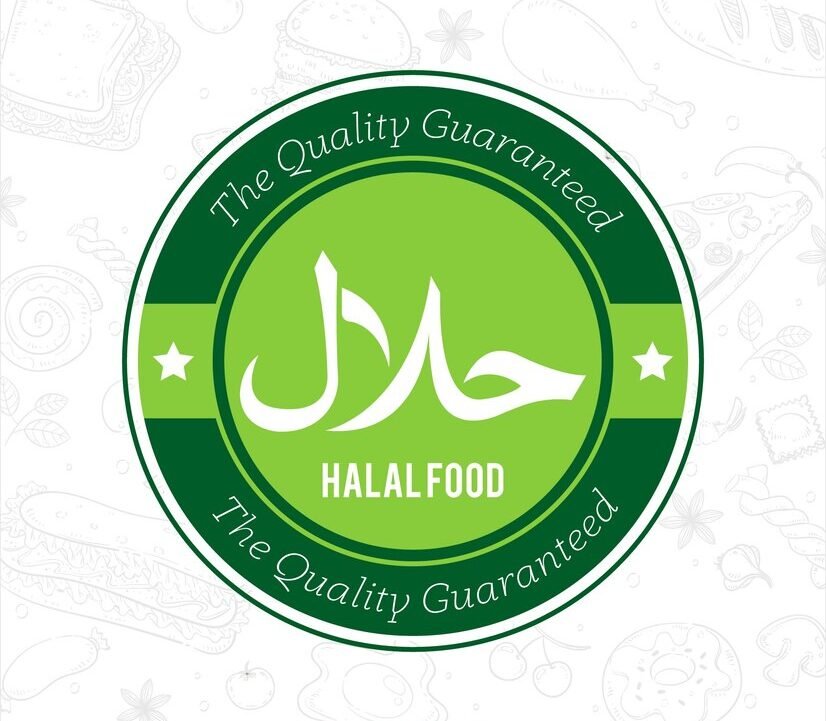
Common Haram Ingredients and Halal Alternatives
Here is a breakdown of some frequently encountered haram ingredients and how you can substitute them with halal alternatives:
1. Gelatin
- Haram Issue: Gelatin is often derived from pork or non-halal animal sources and is commonly used as a thickener in desserts, gummy candies, and marshmallows.
- Halal Alternative: Use plant-based thickeners such as agar-agar, pectin, or carrageenan. Halal-certified bovine gelatin is another excellent alternative.
2. Rennet
- Haram Issue: Rennet, used in cheese production, is often sourced from the stomach lining of non-halal slaughtered animals.
- Halal Alternative: Opt for cheeses labeled as “vegetarian” or “microbial rennet-based.” Alternatively, look for halal-certified cheeses that explicitly state the use of halal rennet.
3. Alcohol in Cooking
- Haram Issue: Many recipes call for wine, sherry, or beer to enhance flavors, particularly in Western cuisine.
- Halal Alternative: Replace wine with grape juice, apple cider vinegar diluted with water, or lemon juice. For beer-based recipes, non-alcoholic malt drinks can be used.
4. Lard or Pork Fat
- Haram Issue: Lard, a type of pork fat, is sometimes used in pastries, pie crusts, and frying.
- Halal Alternative: Use halal-certified butter, vegetable shortening, or plant-based oils like coconut or sunflower oil.
5. Vanilla Extract
- Haram Issue: Vanilla extract often contains alcohol as a solvent for the vanilla flavor.
- Halal Alternative: Use alcohol-free vanilla flavoring or vanilla bean paste. Natural vanilla pods are another excellent option.
6. Meat and Poultry
- Haram Issue: Meat and poultry that are not slaughtered according to Islamic guidelines are considered haram.
- Halal Alternative: Always source meat and poultry from halal-certified suppliers. Alternatively, plant-based meat substitutes can work for certain recipes.
7. Shortening
- Haram Issue: Some shortening brands use animal fats, including pork fat, in their formulations.
- Halal Alternative: Use vegetable-based shortening, margarine, or halal-certified butter.
8. Food Additives (E Numbers)
- Haram Issue: Certain E-number additives, such as E441 (gelatin) and E120 (carmine, a coloring derived from insects), are haram.
- Halal Alternative: Look for halal-certified additives or use natural food coloring alternatives like beet juice, turmeric, or spirulina powder.
9. Sauces and Condiments
- Haram Issue: Worcestershire sauce, soy sauce, and some pre-made dressings may contain non-halal ingredients like anchovies, alcohol, or non-halal meat extracts.
- Halal Alternative: Use halal-certified versions of these condiments or make homemade sauces using halal ingredients.
10. Broth and Stock
- Haram Issue: Pre-packaged broths often include non-halal meat derivatives or alcohol-based preservatives.
- Halal Alternative: Make your own broth using halal-certified meats or use vegetable stock as a base.
Tips for Identifying Haram Ingredients
- Check Labels: Look for halal certification symbols or carefully examine ingredient lists.
- Understand E-Numbers: Familiarize yourself with common haram E-numbers and their halal alternatives.
- Ask Questions: When dining out or buying prepared foods, do not hesitate to inquire about the source of the ingredients.
- Cook at Home: Preparing meals from scratch ensures you have complete control over what goes into your food.
Why Halal Alternatives Are Worth It
Using halal alternatives allows you to explore a world of flavors and cuisines without compromising your dietary requirements. From enjoying classic desserts with agar-agar to savoring rich broths made with halal-certified meat, these swaps make it easy to follow halal principles while indulging in your favorite dishes.
Conclusion
Being mindful of haram ingredients and their halal substitutes is key to maintaining a halal diet while enjoying a diverse and delicious array of foods. With growing awareness and accessibility to halal-certified products, making these swaps has never been easier. Whether you are cooking at home or navigating food labels at the store, this guide will help you make informed and halal-friendly choices.
Start experimenting with halal alternatives today and discover how easy it is to create meals that are both delicious and permissible.


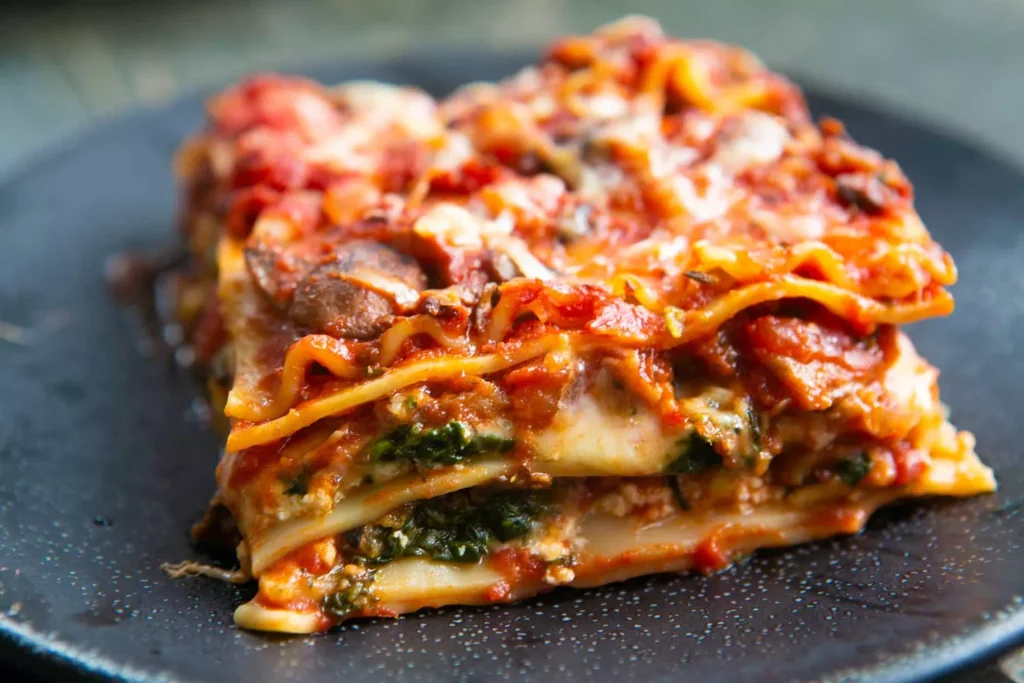





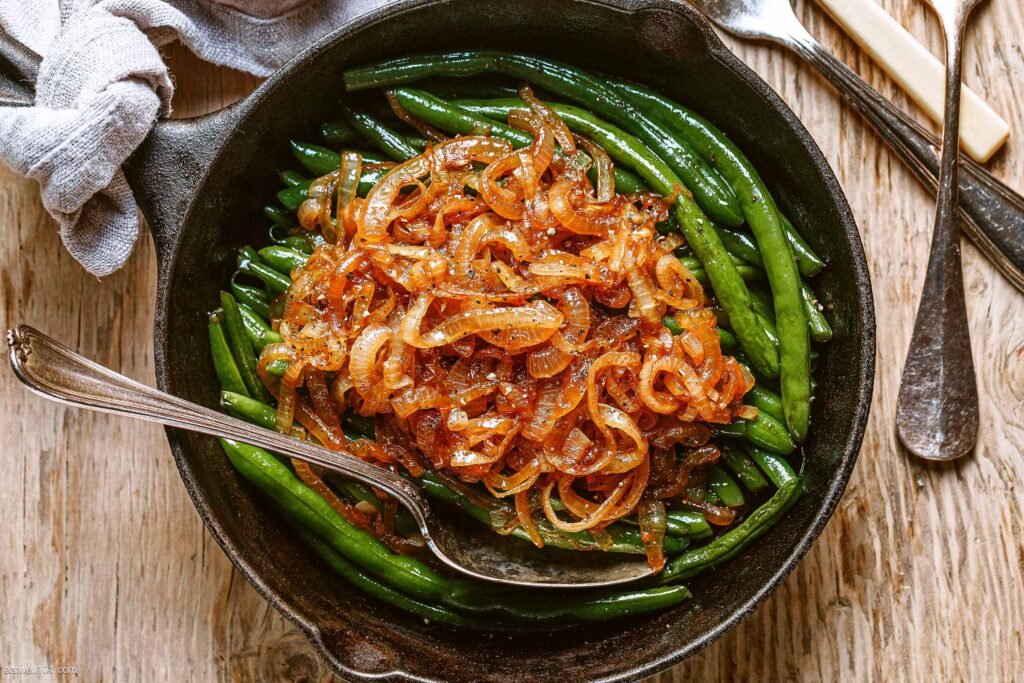
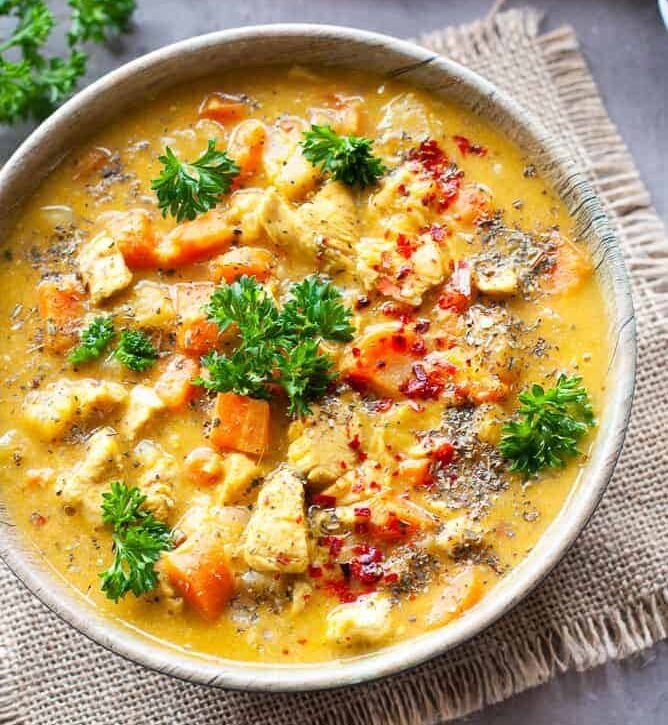
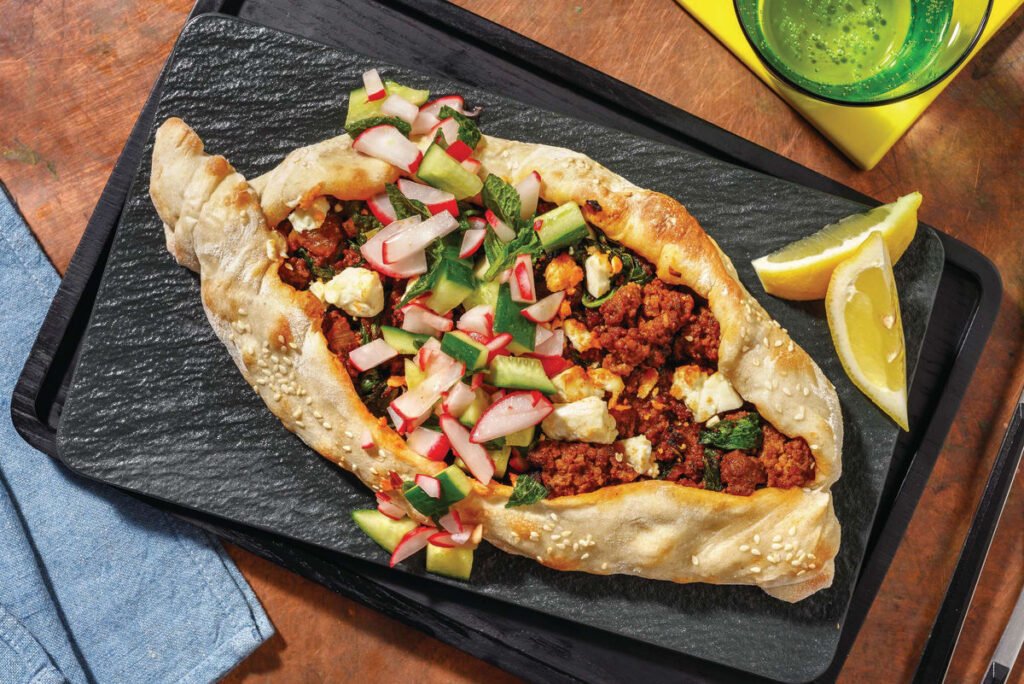
Leave a Reply